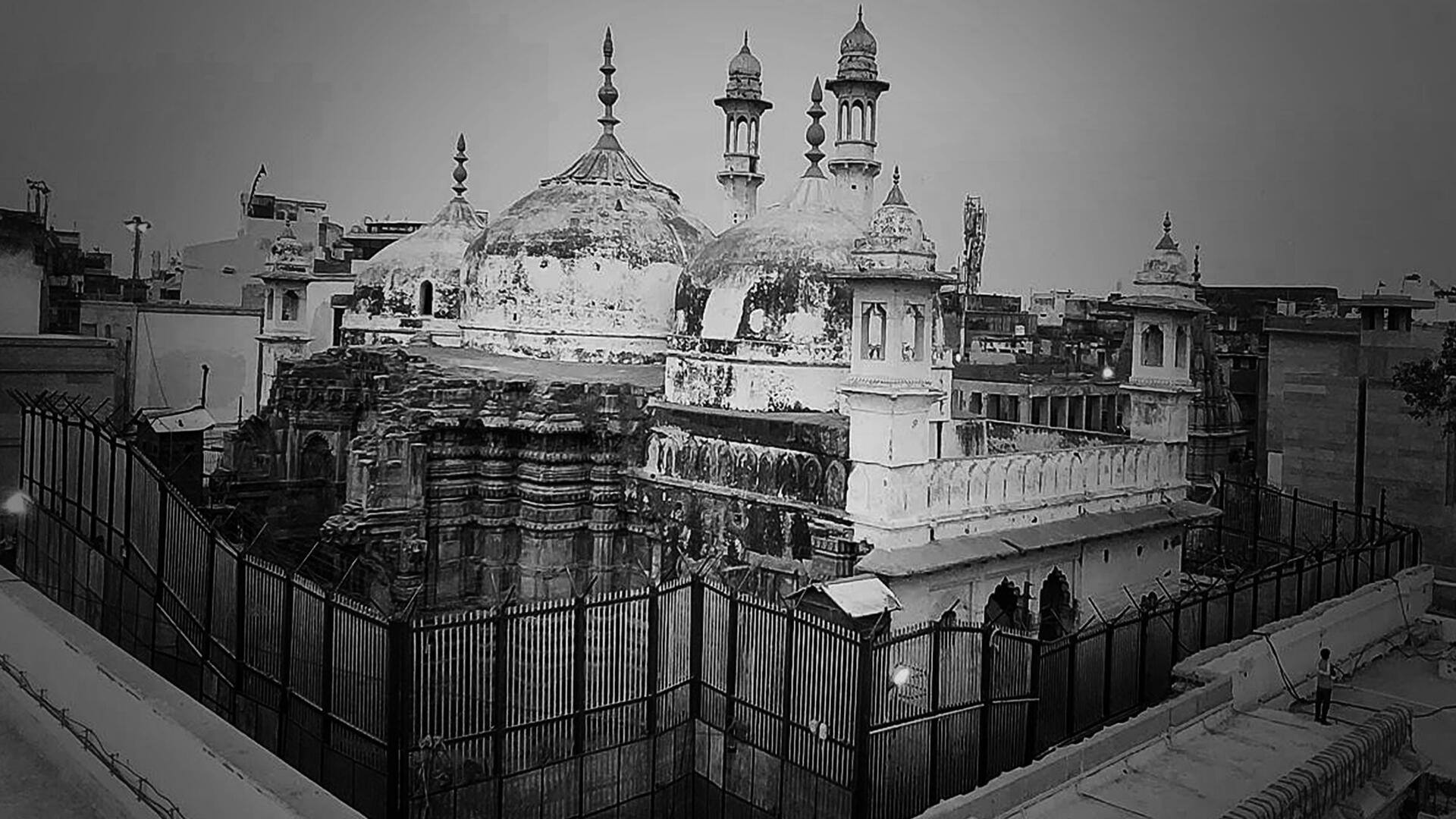
Gyanvapi Mosque: ASI survey begins, mosque committee moves SC
What's the story
A team from the Archaeological Survey of India (ASI) began the scientific survey of Varanasi's Gyanvapi Mosque at around 7:00am on Monday. Meanwhile, the Supreme Court on Monday will hear the mosque management committee's contempt petition challenging the Varanasi District Court's order for a survey. The ASI is due to submit its report to the district court by August 4.
Context
Why does this story matter?
The Gyanvapi Mosque is one of the several mosques that Hindu right-wing groups claim were built by Muslim invaders after destroying Hindu temples. The ruling Bharatiya Janata Party (BJP) fanned the issue after its formation in the 1980s and 1990s, touting it as a reclamation project for Hindus. Reportedly, several Hindu priests rejected the Hindu litigants' claims, accusing them of deliberately stoking communal tension.
Survey
Security beefed up, district under high alert
Around 30 members of the ASI team, four Hindu women plaintiffs and their counsels, and the lawyers of the mosque management committee were in the mosque complex, accompanied by a team of the Uttar Pradesh Police. The mosque committee members said they would boycott the survey. Security has been beefed up in the city, and the Varanasi district has been put on high alert.
Details
Sealed spot exempted from survey
However, a barricaded spot with a disputed structure has been exempted from the survey. The Hindu litigants claim the disputed structure in the sealed spot is a Shivling, while the mosque management committee insists it is part of a fountain in the wazukhana where devotees perform their ablutions before offering namaz. The mosque is situated next to the Kashi Vishwanath Temple.
Hearing
SC deferred survey in May
In May, the SC deferred a scientific survey, including a carbon dating of the disputed object, which was found during a videographic survey last year. Earlier, the mosque management committee pleaded against the survey, claiming that it could damage the mosque complex. In response, the Hindu plaintiffs' counsel told the court that the ASI stated the survey could be conducted without damaging the object.